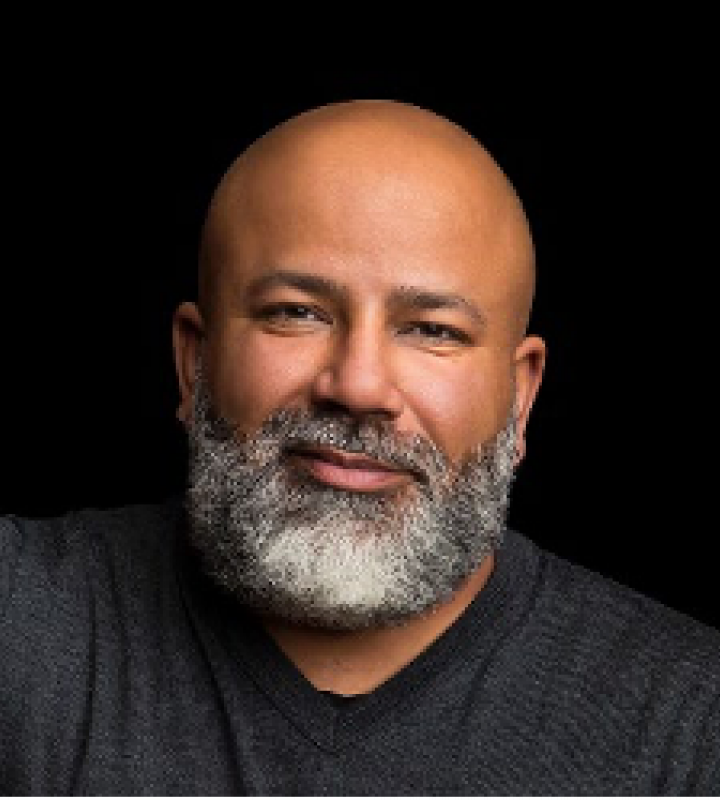Anthony Ryan Hatch, Ph.D., is Professor and Chair of the College of Science and Technology Studies at Wesleyan University with affiliations in the Departments of African American Studies, Environmental Studies, and Sociology. He is the author of Silent Cells: The Secret Drugging of Captive America (University of Minnesota Press, 2019) and Blood Sugar: Racial Pharmacology and Food Justice in Black America (University of Minnesota Press, 2016). Dr. Hatch earned his AB in philosophy from Dartmouth College, held both pre- and post-doctoral fellowships from the National Institutes of Health, worked as a public health educator and researcher, and earned his MA and PhD in sociology from the University of Maryland, College Park.
Dr. Hatch lectures widely on health systems, medical technology, and social inequalities, appearing in the PBS documentary Blood Sugar Rising. He served as the 2023 William Allan Neilson Chair of Research at Smith College and received the 2022 Robin W. Williams Distinguished Lectureship Award from the Eastern Sociological Society. He is a co-lead within the Sydney Center for Healthy Societies, a member of the Health and Social Equity Collective at King’s College London and the Racial Democracy, Crime, and Justice Network at Rutgers University, and is a fellow in The Hastings Center. Dr. Hatch serves on national and international scientific advisory boards, including the Federal Reserve Bank of Boston’s Community Development Research Advisory Council. Dr. Hatch is a member of a National Academy of Medicine ad hoc committee creating a governance framework for equity in emerging technologies in health and medicine.
At Wesleyan, Dr. Hatch is the founding director of Black Box Labs, an undergraduate research and training laboratory that offers students qualitative research training in science and technology studies and the opportunity to collaborate with faculty research on technology and inequality. Dr. Hatch served as faculty coordinator for the Sustainability & Environmental Justice Pedagogical Initiative and as faculty advisor to the College of Engineering and Design Studies, Center for Prison Education, Creative Campus Initiative, and the Embodying Antiracism Initiative.
For more information, visit: https://ahatch.faculty.wesleyan.edu/
